Due to the country’s size and the wide variety of climates we have, almost any crop can be grown in the US.
It is true that the US imports around 20% of the food it eats, but we are also one of the world’s biggest exporters of food. So there’s little chance of a sudden food shortage in the country, right?
You shouldn’t be too sure about that. Most modern crops are bred to be disease-resistant, but as we learned in 2020, new diseases can appear out of nowhere without warning (or from a Chinese lab).
Modern crops have the disadvantage of being dominated by just a few varieties, so a new wheat disease, for example, could have devastating effects.
Related: 10 Items To Stockpile For When The Power Goes Out
Additionally, bad actors may deliberately sabotage agricultural production. Bill Gates owns the biggest amount of farmland in the US, and he has been saying some worrying things about overpopulation and experimenting with new types of food. Would you trust him with such a large part of our food supply?
If Gates isn’t bad enough, investors linked to the Chinese Communist Party are also buying American farms. In at least one case they bought land near a vital Air Force base – but they could also use Chinese-controlled farms to launch a disease targeted at our food supply, perhaps to distract us from an invasion of Taiwan. (Source)
A food crisis can arise even without crop failure. Consider the possibility of crops being abandoned in fields. Despite being an advanced, industrialized society, a large portion of our food is not produced locally. Any disruption in transportation, such as another pandemic lockdown or a significant increase in fuel prices, could disrupt the intricate distribution systems we depend on and lead to starvation as birds feast on neglected fields of food. Therefore, although there is currently an abundance of food in the US, this could change abruptly. It’s essential to be prepared for such situations.
Looking for Land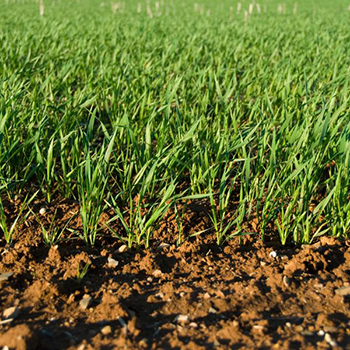
For many homesteaders, achieving self-sufficiency in food is a top priority. While hunting and foraging can be viable options, farming is the most reliable way to ensure an adequate food supply during times of crisis. From the ancient beginnings of human civilization to present day, agriculture remains the best means of feeding people.
Unfortunately, not everyone has access to enough land for farming. As a general rule, one acre of land can sustain one person, meaning a family of four would require four acres for self-sufficiency. If you do not have sufficient land, it may be beneficial to search for nearby spaces that could potentially be used for farming in an emergency situation.
Following a period of widespread chaos, there may be opportunities to repurpose certain areas and cultivate crops in them. However, this requires proper preparation.
Consider whether you have the means to protect your crops if you were to take over a portion of a park or sports ground for growing vegetables. In times of food scarcity, hungry individuals will likely seek out any available food sources – and they may resort to taking what they need unless measures are taken to defend it. Do you have enough manpower to keep watch? Can you erect fences or conceal your crops from potential thieves?
Securing Suitable Land
The most convenient land to utilize is that which borders your own property. In the event that your neighbors vacate their homes during a crisis, you may have access to their yards. It is essential to identify and prepare suitable land beforehand, ensuring you have the necessary resources to acquire and utilize it.
If feasible, it is also advisable to inspect the soil quality. While utilizing a nearby empty lot may not require much consideration as the soil will likely be similar to yours, if you intend to farm on a more distant land, conducting some research would be beneficial.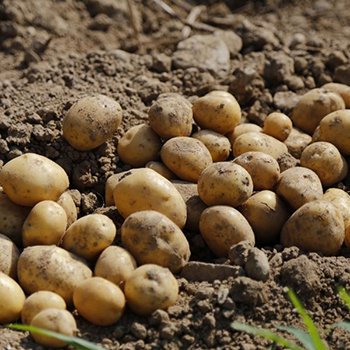
Look at soil quality, drainage, and of course access. You can learn here an easy way to test soil the way pioneers did. If you plant an acre of potatoes in a clearing in the woods, will you be able to get a truck in there to take the crop home?
Whether you already have enough land or you’ve identified some you can farm in an emergency, you’ll need seeds and fertilizer. A lot of people will suddenly become interested in growing their own after food shortages begin, so you can’t count on finding them.
Stockpiling Seeds and Supplies
You need to start stockpiling seeds and other agricultural supplies now. For each crop, choose a variety of seeds. That reduces the risk of a disease or pest wiping everything out. Make sure seeds are stored properly, too. If you keep them in an airtight container, they’ll stay in good condition until you need them.
While stockpiling vegetable seeds seems like the obvious step when preparing for a food crisis, I strongly recommend stockpiling some medicinal seeds as well. You can get them for cheap and grow your own supply of natural remedies.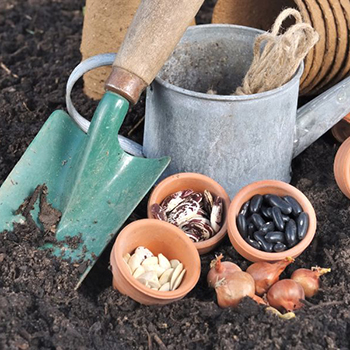
You can also look for other food sources in a crisis besides land you can farm. If you live near the coast, consider a small boat that you can fish from – or make longlines if you live near a river, so instead of sitting by the bank and dangling hooks in the water, you can leave a hundred hooks out overnight and check them the next morning.
You can still survive by hunting and foraging, but many other people will try them too, so you may struggle. Keep them in mind, but look for options that the hungry masses won’t swamp before you can get there.
Bridging The Gap
While being self-sufficient in food is ideal, it’s important to also have sufficient reserves until your crops are ready. If you are already self-sufficient, you likely have stored away last year’s harvest to sustain you for the year.
However, if not, make sure to assess your stockpile and ensure it can last until you have a new crop grown and ready for harvest. Keep in mind that a food crisis will most likely be preceded by shortages and price increases, making it challenging to expand your reserves during that time. It’s crucial to start planning for this now.
You may also like:
How To Preserve Food Without Electricity
Cheap and Easy to Build Root Cellar in Your Own Backyard (Video)
10 Items You Should Stockpile Before The Next Great Depression
Survival Hacks From The Civil War That Are More Useful Than Ever
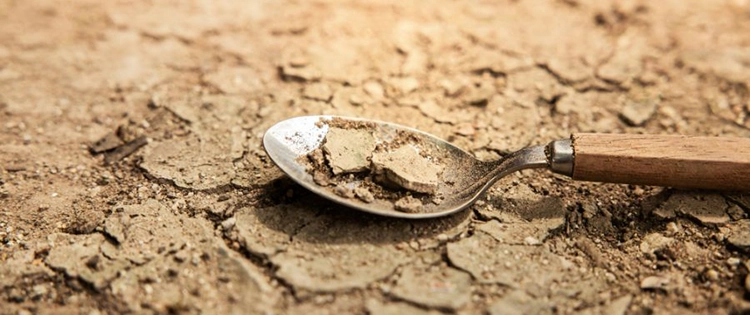

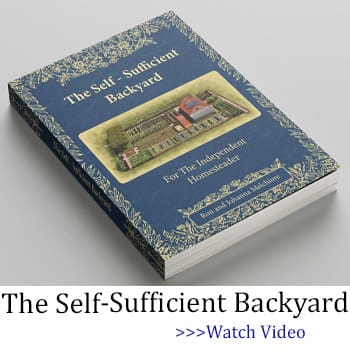

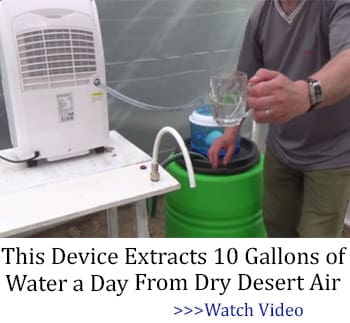
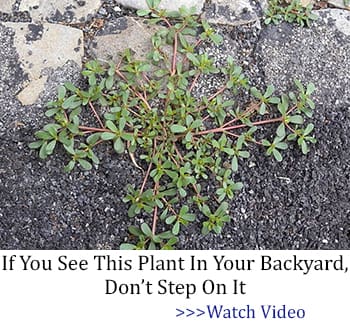
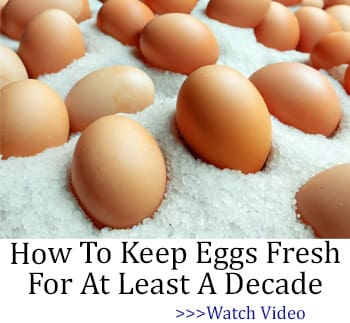

If one acre of land can sustain one person, how is that one acre put to use? Are we talking about traditional in-the-ground row gardening stretched across every square foot?
Are there methods for expanding the available space to expand production? For example, If I live on a 1/4 acre plot, can I “stack” my garden to double or triple the usable area. Can I hang plants? Can I stack plants on shelving units?